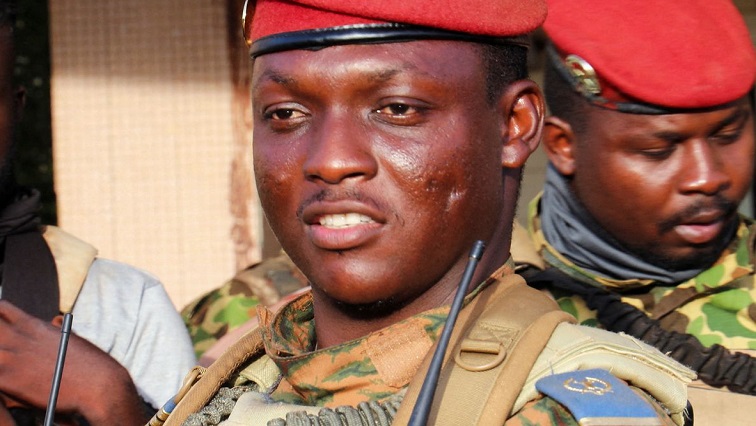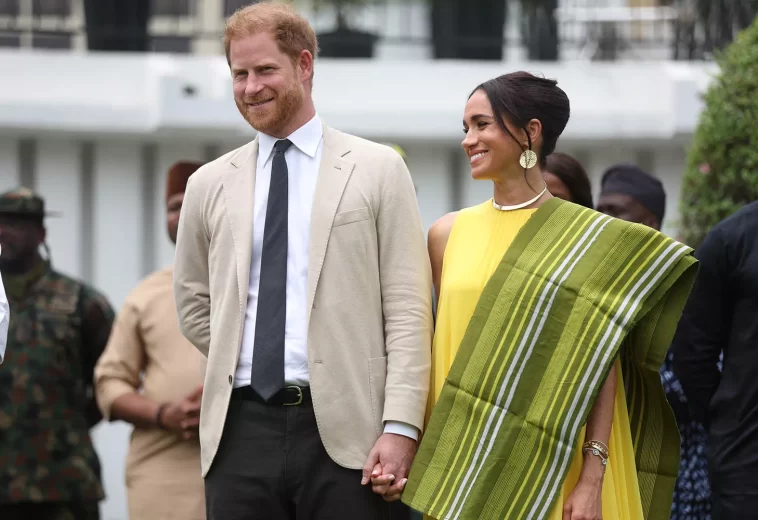Increasing global conflicts and environmental challenges are making the world increasingly dangerous for frontline journalists. Last year witnessed a 44% rise in journalist killings, the highest since 2015, with Gaza being a particularly deadly zone. Palestinian reporters, seemingly targeted by Israeli forces, bore the brunt. The annual World Press Freedom Index reveals a concerning decline in political support for media freedom. Instances of denigration, attacks, and politicization against journalists are on the rise, particularly amid upcoming national elections in various countries.
Across Africa, the essential pillar of press freedom is increasingly under siege, with journalists confronting numerous challenges in their pursuit of truth and transparency. From authoritarian regimes to targeted violence and censorship, journalism in Africa is fraught with peril. In many African nations, authoritarian regimes wield significant power over media outlets, using censorship and legal intimidation to stifle dissent and control the flow of information. Governments often enact restrictive laws targeting journalists, including vague provisions that criminalize defamation, blasphemy, or spreading false news. The risks are particularly acute for reporters covering conflict zones, exposing corruption, or investigating human rights abuses.
One stark example is the case of Ethiopia, where the government’s crackdown on dissent has led to the imprisonment of journalists and the shuttering of independent media outlets. Similarly, in countries like Uganda and Tanzania, journalists face harassment, arrests, and even violence for their reporting on sensitive political issues or government corruption. In December 2023, the International Press Institute documented 20 press freedom threats across sub-Saharan Africa, with censorship being the most prevalent.
The Democratic Republic of Congo (DRC) witnessed the highest number of violations (95% of them were brutal attacks) on journalists and media. In Mozambique, journalist João Chamusse, a vocal government critic, was found dead, with a neighbor arrested in connection. In the DRC, journalist Pascal Mulegwa, reporting for Radio France International was attacked during election coverage. Guinea saw continued censorship, while Sierra Leone detained and released journalists allegedly for unauthorized photography, amid political tensions.
In Nigeria, for instance, journalists covering issues such as government corruption, oil theft, or the activities of militant groups like Boko Haram often face threats from both state and non-state actors. The 2019 murder of investigative journalist Ahmed Hussein-Suale in Ghana serves as a chilling reminder of the dangers faced by those who seek to expose wrongdoing.
As digital technologies become increasingly pervasive across Africa, governments are also expanding their efforts to monitor and control online content. Internet shutdowns, social media censorship, and surveillance of digital communications are common tactics employed to silence dissent and restrict the free flow of information.
Countries like Zimbabwe and Sudan have witnessed government-led internet blackouts during periods of political unrest, severely limiting journalists’ ability to report on unfolding events and communicate with their sources. Meanwhile, new laws and regulations targeting online speech are being enacted in countries such as Tanzania and Uganda, further constraining the space for independent journalism.
Press Freedom as a Catalyst for Change
Despite these daunting challenges, journalists and media organizations in Africa continue to demonstrate resilience and courage in their commitment to upholding press freedom and holding power to account. Civil society groups, international organizations, and advocacy efforts play a crucial role in supporting and amplifying the voices of journalists under threat.
UN Secretary-General Guterres warns of global threats to press freedom, urging solidarity with journalists ahead of World Press Freedom Day. He highlights the vital link between press freedom and human rights. Director-General of UNESCO, Audrey Azoulay, addresses the rise in attacks on journalists, especially in this digital age, emphasizing the need for collective action. A free and independent press serves as a vital check on government power, promotes accountability, and empowers citizens with the information they need to make informed decisions.


